
Brain Lesson #2: Living a Life of Intention vs Autopilot
During Dryuary, as you take a 31-day break from drinking, you’ll discover (or rediscover) Moderation Management’s fundamental strategies.Taking an extended break from drinking is beneficial for many physical reasons which you will automatically experience by not drinking.
To encourage long-term, sustainable change, you can also use this break to change your thinking around alcohol–which only happens if you work at it.
Look for a new Brain Lesson every week to help.
Last week I shared a simple theory of brain organization that helped me understand my brain better when I was working on changing my relationship with alcohol. Understanding that my brain wasn’t broken, that it was literally doing exactly what human brains had evolved to do, meant I wasn’t stuck in some genetically predetermined cycle. That knowledge provided a welcome sense of relief and proposed a major challenge too.
Our lower brains, the brains that aren’t capable of planning and logic, are responsible for habit formation. Guided by the motivational triad: seeking pleasure, avoiding pain and conserving energy, our lower brains simply commit repetitive behavior into a habit loop.
I literally trained my brain to desire alcohol and to retrain it, I had to become a lot more aware of both parts of my brain. Now I was familiar (as I’m sure most people are) that habits operate almost unconsciously, seemingly on autopilot. Alcohol seemed different to me. Not “just a habit”. I’ve come to realize, however, that most people who are drinking more than they want to, are doing so out of habit. And for many, it’s a habit that no longer serves them.
For me, and many others who “over-drink,” the amount of alcohol increases over time, and the number of cues and triggers for the habit cycle increase too. Beyond the daily “after work” habit, I began to associate drinking with whenever I was feeling a negative emotion. Stress, sadness, anger…I can remember choosing to drink to excess whenever I felt overwhelmed by emotions. With time and repetition, it simply became my default.
Becoming a better mind manager meant that I could no longer live in default mode. Now I understand how my unconscious beliefs fueled my desire to drink. Instead of just allowing my lower brain to run around unsupervised (imagine a toddler running through the house with scissors) I choose thoughts, intentionally with my higher brain that help me take better actions. Does it happen every time? No. But it happens with a lot more consistency now since I learned the connection between my thoughts, feelings and actions. I choose thoughts that actually lessen my desire to drink. Next week, we’re talking all about practicing new beliefs. Until then, practice creating awareness of your thoughts. We cannot change what we cannot see. Here’s a worksheet to help guide you.
By:
Molly Watts is an MM member, Dryuary alumni, author, coach and host of the Alcohol Minimalist podcast. Despite being an adult child of an alcoholic who hated what alcohol had meant in her life, Molly developed her own unbreakable daily drinking habit that persisted for decades. After transforming her relationship with alcohol, she now helps others do the same. www.mollywatts.com

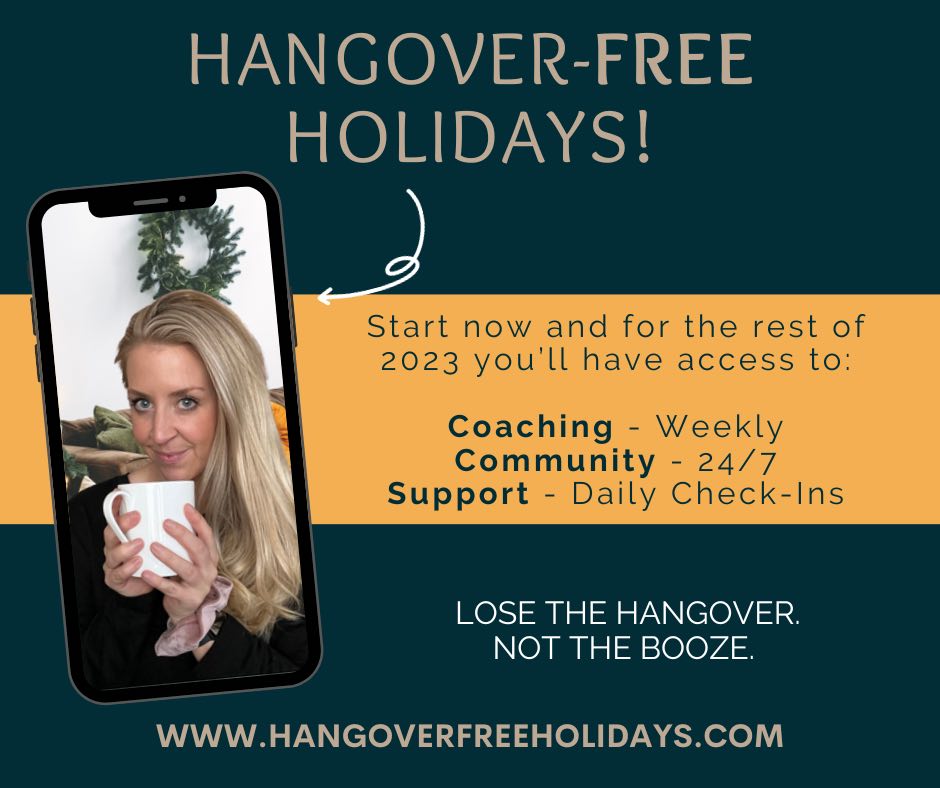
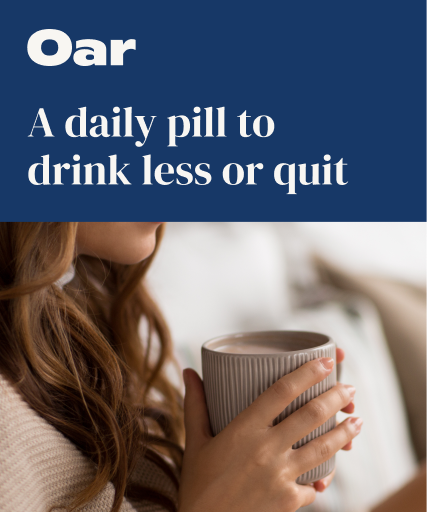
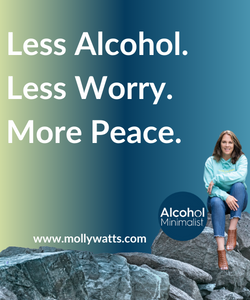
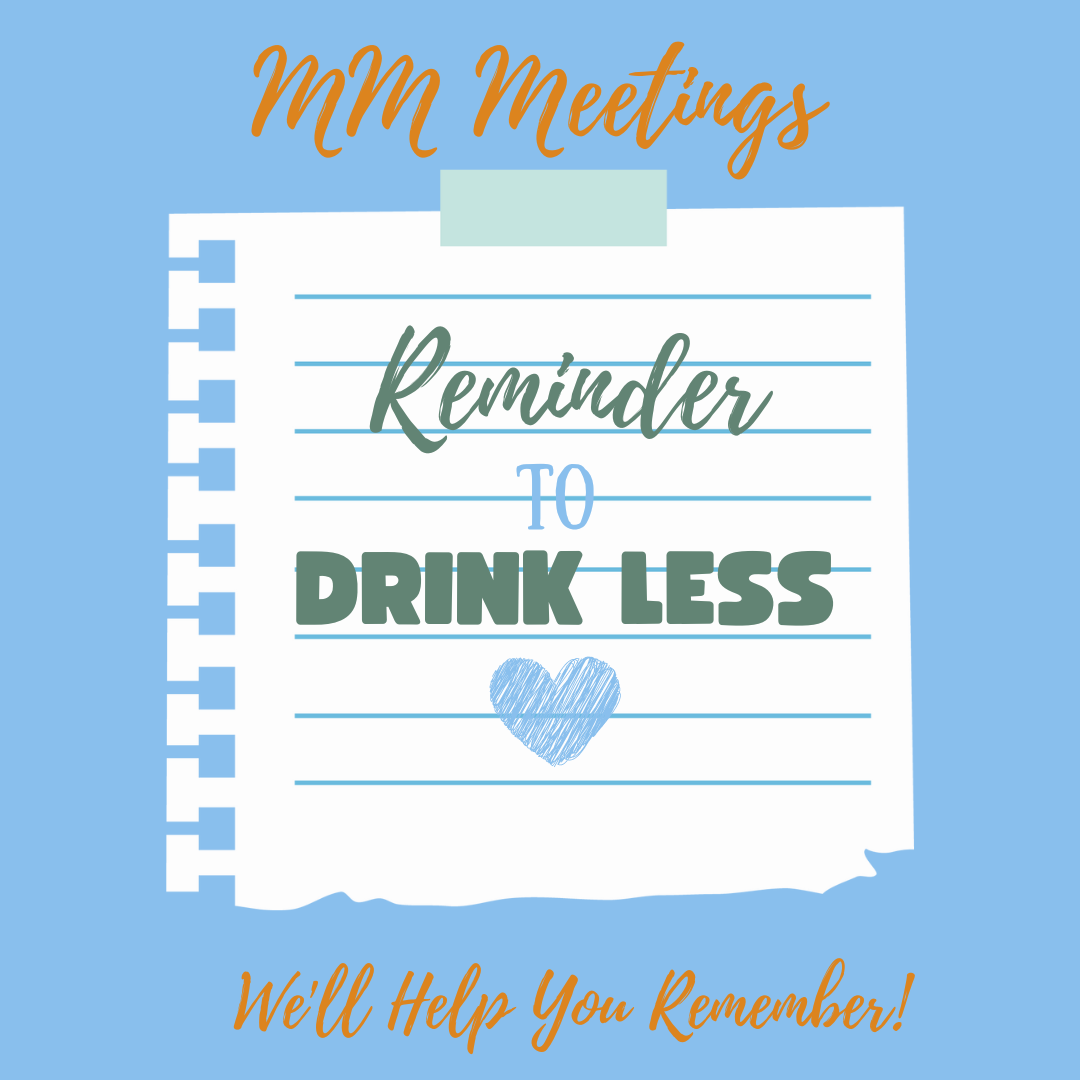
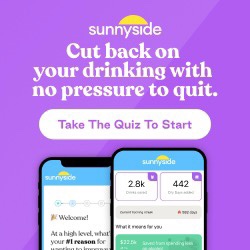
No responses yet